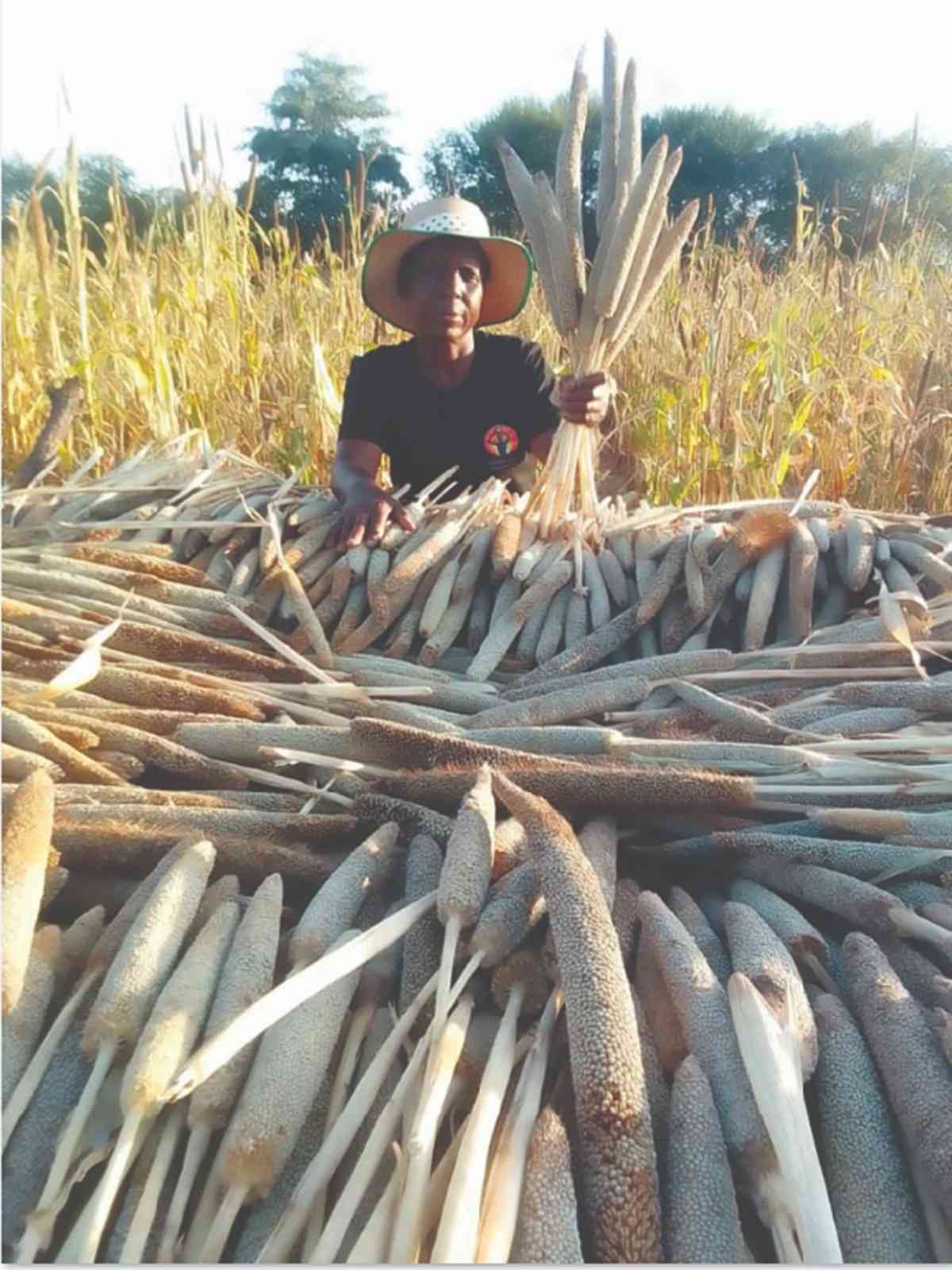
The Zimbabwe Schools Examination Council (Zimsec) centre in the Midlands is being forced to store examination materials at cluster locations where security is not reliable because a site earmarked for the construction of a permanent structure has remained undeveloped for over a decade.
An investigation by the primary and secondary education parliamentary committee revealed the site earmarked for the construction of the Midlands provincial office was purchased in 2012.
However, there has been no development since then due to funding challenges, resulting in Zimsec being forced to unsecure locations to store examination materials, exposing them to leakages.
“It was, however, appalling to the committee to be told that the permanent site, purchased in 2012 for the construction of a purpose-built property, remains undeveloped due to budget shortfalls, constraining secure storage capacity and staff workspace at the provincial level and compelling examination materials to be stored in temporary locations at cluster and school venues, where security is less reliable,” the report read in part.
“In addition, seasonal flooding on access roads to Gokwe and Mvuma further disrupts the distribution and collection of exam papers, prompting reliance on hired transport and logistical costs.
“The officials stressed that these infrastructure gaps, financial constraints, and transport inefficiencies tend to undermine the integrity, timeliness, and standardization of national examinations.”
The committee said there is an urgent need to address these challenges through the development of a purpose-built provincial hub that fully complies with Zimsec security protocols.
In Bulawayo, the committee discovered that Zimsec employees were operating from dilapidated offices without secure storage facilities
- Wadyajena’s super cars towed
- Too young to marry: The secret world of child brides
- Afrophobia: Can some in ANC stand up
- Chief sucked in woman disappearance case
Keep Reading
“The committee found out that Zimsec’s Bulawayo regional office operates from an ageing but municipally compliant building on the Bulawayo—Harare Road,” the report read.
“Chronic overcrowding, traffic-generated noise pollution, an obsolete sewer system, and critically insufficient archival and secure storage capacity jeopardize both operational functionality and adherence to Zimsec'’s security protocols.”
The committee heard that Zimsec is forced to incur additional rental costs for strong-room facilities at Founders High School in the city.
“Furthermore, script sorting and secure storage have been centralised at the United College of Education in Bulawayo,” the report read.
“While this arrangement upholds national marking centre protocols, it intensifies transport burdens and exposes remote districts like Victoria Falls and Binga to higher logistical risk.”
In Matabeleland North, the situation was the same.
“Meanwhile, Matabeleland North’s de facto administrative hub in the Bulawayo city centre is fully staffed but constrained by acute file-storage shortages, impairing record retrieval and administrative efficiency,” the committee uncovered.
“The committee was informed that a purpose-built provincial hub on a 1.5-hectare Lupane site with two 80 m boreholes remains in the design phase due to limited capital funding, leaving these systemic challenges unresolved.”
Cabinet approved the Zimsec Act [Chapter 28:18] (Amendment Bill, 2024) in April this year.
It seeks to address a number of challenges facing the education sector including curbing examination leakages, registration irregularities and fraudulent practices.
The Bill proposes a nine-year jail term for leaking examinations.









